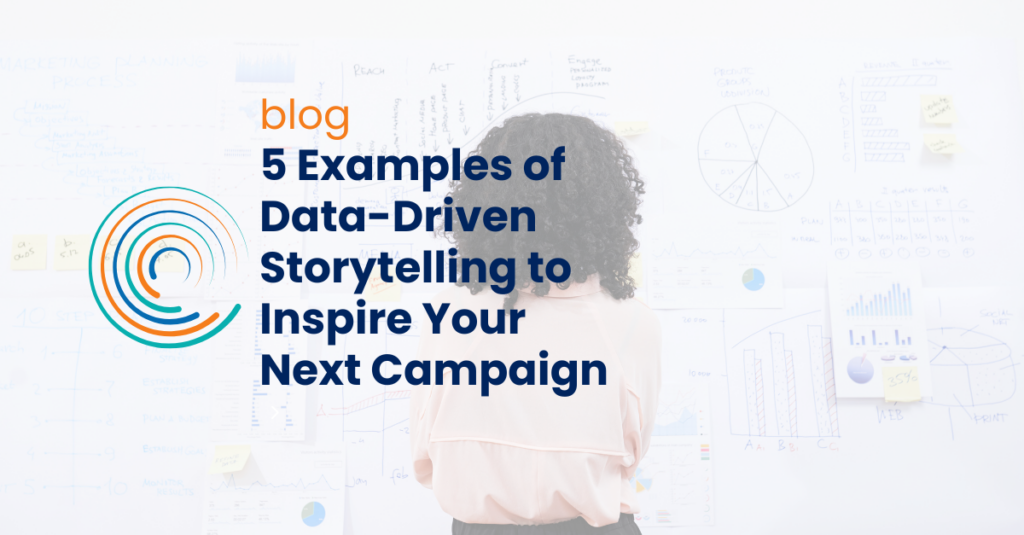A consensus seems to be coming together at many companies across America about diversity, equity and inclusion (DE&I) initiatives, and it’s this: talking about DE&I isn’t enough — now it’s time to take action. Maybe the tipping point was the protests that erupted after George Floyd was murdered in Minneapolis or the deaths of other unarmed Black people during encounters with police officers.
It could be that the uneven impact of the pandemic, which hit communities of color especially hard, is also a factor. Research by KFF revealed the extent of racial and ethnic disparities in pandemic-related health outcomes among Medicare members. Older Black, Latino and Native American adults were almost twice as likely to die of COVID-19 as white counterparts and had more than double the hospitalization rate experienced by older white adults.
Gender inequities may also figure into the renewed push for action as the extent of the pandemic’s effect on working women comes into focus. More women than men work in service and retail jobs, so they were more vulnerable than men to COVID-19-related layoffs, especially women of color.
Since women tend to earn less, moms were more likely than dads to step back from the labor force when schools and daycare facilities closed. Jessica Calarco, an associate professor at Indiana University, summed it up well: “Other countries have social safety nets. The U.S. has women.”
New Generations Demand More
If we’re at a tipping point on converting DE&I talk into action, the two generations that most recently joined the workforce are ready to give their companies a shove. Millennials and Gen Z are the most diverse generations in American history, and they value the nation’s growing racial and ethnic diversity. They’re also more likely to look beyond any values statements your company might make and seek evidence that your business actually prioritizes DE&I.
A Glassdoor survey cited in The Washington Post found that 76% of jobseekers and employees said a diverse workforce was an important factor when forming opinions about a business or considering job offers. The article notes that Millennial and Gen Z employees understand that social pressure may be part of what motivates brands to conduct outreach and offer opportunities to diverse job candidates, but they want assurance that the commitment to diversity goes deeper than that.
To understand what’s going on behind the scenes, jobseekers may reach out to current employees to gauge how genuine a company’s commitment to DE&I is. Companies that show a real commitment will have a better chance of recruiting a diverse, talented workforce.
Diversity Is Good for Business
Diversity is important from a societal standpoint for many reasons. Proximity is a key influence on how people see the world, and the more people of different races, ethnicities and genders spend time working together, the more likely they are to understand the true strength of diversity — the blending of perspectives, experience and points of view that is absent in a homogeneous environment.
Diversity is also good for business. A Gartner study found that gender-diverse and inclusive teams performed 50% better than groups that were less diverse. Companies with diverse leadership teams also tend to be much more innovative. A 2018 BCG report said that businesses with diverse decision-makers derive 45% of revenue from innovation vs. only 26% for companies with less diverse leadership.
To review, there are several reasons business leaders should consider taking action on DE&I initiatives right now. Progress on diversity can help the people who were most harmed during the pandemic. Making DE&I a priority can help businesses attract and retain a diverse and talented workforce, which translates into more business success.
Last but not least, giving everyone a fair shake is also the right thing to do. So, if diversity, equity and inclusion are part of your company’s values, now is the time to take action.
.




